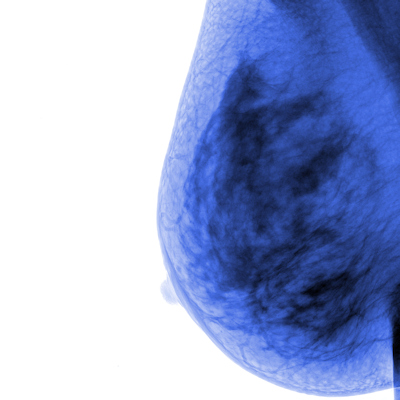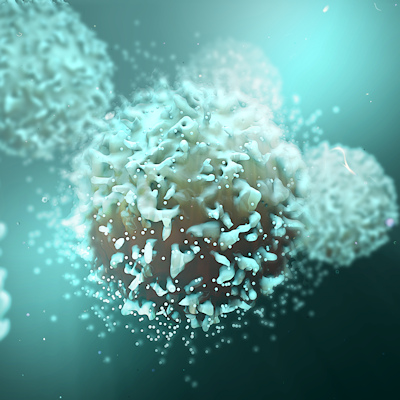 Scientists highlight new insights into triple-negative breast cancer
Scientists highlight new insights into triple-negative breast cancer
Boston University researchers have demonstrated that control of a certain cellular pathway can prevent the development of triple-negative breast cancer, which they contend could help identify new therapeutic options. Read More
 Increasing immune cell production may reverse cognitive decline: study
Increasing immune cell production may reverse cognitive decline: study
Rutgers University researchers have discovered that the underproduction of immune cells called mucosal-associated invariant T cells contribute to Alzheimer’s disease and other cognitive disorders. Their study, published November 21 in the journal Nature Immunology, shows how increasing these cells could reverse the damage. Read More
 Rogue killer T cells contribute to autoimmunity: study
Rogue killer T cells contribute to autoimmunity: study
Scientists from the Garvan Institute of Medical Research have found new insight into the role that killer T cells play in leukemia and autoimmune disease. They contend that their findings could be helpful in narrowing down pathways to target these cells for future treatments. Read More
 Computerized approach may boost drug discovery
Computerized approach may boost drug discovery
University of Texas at Dallas and Novartis Pharmaceuticals researchers have created a computer-based platform that could make the currently lengthy and expensive drug discovery process more effective, more efficient, and less costly. Read More
 Novel nanoparticles deliver cancer therapy
Novel nanoparticles deliver cancer therapy
University of Pittsburgh researchers have designed cancer-fighting nanoparticles that co-deliver an existing chemotherapy drug along with a novel immunotherapy that silences an immunosuppression gene. Read More
 Tankyrase holds potential for bowel cancer drug development: study
Tankyrase holds potential for bowel cancer drug development: study
Scientists from the Institute of Cancer Research, London have discovered the inner workings of a protein called tankyrase, which plays a key role in driving bowel cancer. The researchers contend that their findings could open the door for better and less toxic cancer drugs. Read More
 CRISPR-based tool cuts and pastes genes where needed
CRISPR-based tool cuts and pastes genes where needed
Massachusetts Institute of Technology researchers have designed a new CRISPR-based tool that can snip out faulty DNA sequences and safely replace them with new ones at desired cell sites. Read More
 Drug to treat prostate cancer shows promise
Drug to treat prostate cancer shows promise
A single drug compound attacks prostate cancer by triggering immune cells and hinders the tumor's ability to use testosterone as fuel, a new study finds. The drug could be used to treat other solid tumors that don't respond to standard therapy. Read More
 Omicron subvariants dodge neutralizing antibodies: study
Omicron subvariants dodge neutralizing antibodies: study
Three subvariants of SARS-CoV-2 currently sweeping through the U.S. are better at evading vaccine- and infection-generating neutralizing antibodies than earlier versions of the virus, new research finds. Read More
 Mitochondria seen as common thread in autism spectrum disorder
Mitochondria seen as common thread in autism spectrum disorder
Researchers in Canada have discovered previously unknown connections between genetic factors in autism spectrum disorder, specifically with the mitochondria. Read More
Member Rewards
Earn points for contributing to market research. Redeem your points for merchandise, travel, or even to help your favorite charity.
Research Topics
Interact with an engaged, global community of your peers who come together to discuss their work and opportunities.
Connect
Tweets by @ScienceBoard



